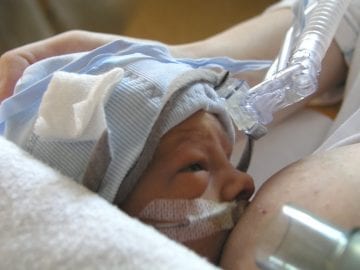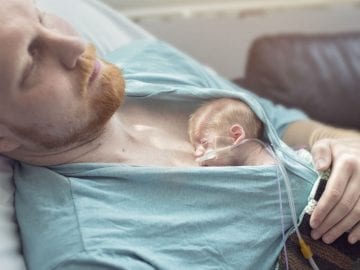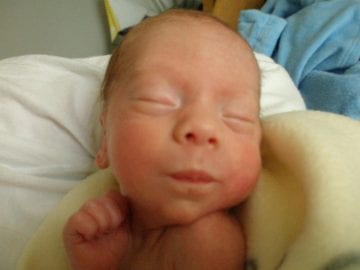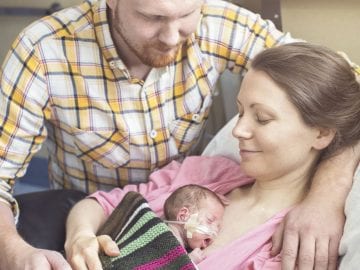Research Projects
We are pleased to welcome all potential new reserach collaborators to participate in our SCENE Symposiums. Symposiums are a way to get involved in our work since they aim to build research proposals and grant applications.
The 2nd International Closeness Survey
The study includes 24 participating hospitals from 15 countries.
Principal Investigators: Anna Axelin and Liisa Lehtonen
The research team: Kendall George, Kris de Coen, Marie-Rose Van Hoestenberghe, Sabrina Laroche, Valérie Lebel, Nancy Feeley, Marsha Campbell-Yeo, Anita Pavicic Bosnjak, Janne Weiss, Liis Toome, Heili Varendi, Rakel B. Jonsdottir, Rasa Tameliene, Joke Wielenga, Bente Silnes Tandberg, Hege Grundt, Tomasz Szczapa, Sylvia Caballero, Ana Gimeno Navarro, Ylva Thernström-Blomqvist, Kajsa Bohlin, Siri Lilliesköld, and Caryl Skene.
Metasynthesis on breastfeeding

In the last decade, the landscape of neonatal care has changed in many settings. The progression towards family-centred care, a more systematic use of skin-to skin contact, and early discharge, are some areas where improvements have been made, affecting breastfeeding. The aim of this meta-ethnographic study is to explore facilitators for positive breastfeeding experiences and the needs for breastfeeding support in mothers of preterm and/or LBW infants. The review focuses on mothers of preterm or low birth-weight infants and their experiences of breast milk feeding. It will include expressing breast milk and all forms of breast milk feeding methods, such as with breast, bottle, cup and tube (gavage). The experiences of breast milk feeding can emerge from any time from birth until the weaning, and hence from neonatal units as well as from at home.
Review team: Renée Flacking, Gill Thomson, Bente Silnes Tandberg, Hannakaisa Niela-Vilen, Uwe Ewald, Heather Trickey, Wibke Jonas, and Rakel Björg Jónsdóttir.
Parents’ experiences of emotional closeness to their infants in the neonatal unit: a meta-etnography
B oth physical and emotional closeness are considered essential for parent and infant positive health and wellbeing. Physical closeness in a neonatal unit ranges from parent-infant skin-to-skin contact to parents being in the unit but not in physical contact with their infant(s). Emotional closeness concerns parents forming close, intimate and affectionate based connections with their sick/premature infants. A large body of research has focused on the experiences and the barriers and facilitators for physical presence and contact within neonatal care. However, there is limited knowledge on how parents are able to form positive and close connections with their infants in a neonatal unit context. In this meta-ethnographic synthesis we intend to identify and synthesise qualitative insights into parental accounts of emotional closeness during their infant’s stay on the neonatal unit. A salutogenic (i.e. positive health) perspective to uncover and illuminate how to facilitate parent-infant emotional closeness holds important implications for service delivery, and the potential to promote positive parent and infant health and wellbeing.
oth physical and emotional closeness are considered essential for parent and infant positive health and wellbeing. Physical closeness in a neonatal unit ranges from parent-infant skin-to-skin contact to parents being in the unit but not in physical contact with their infant(s). Emotional closeness concerns parents forming close, intimate and affectionate based connections with their sick/premature infants. A large body of research has focused on the experiences and the barriers and facilitators for physical presence and contact within neonatal care. However, there is limited knowledge on how parents are able to form positive and close connections with their infants in a neonatal unit context. In this meta-ethnographic synthesis we intend to identify and synthesise qualitative insights into parental accounts of emotional closeness during their infant’s stay on the neonatal unit. A salutogenic (i.e. positive health) perspective to uncover and illuminate how to facilitate parent-infant emotional closeness holds important implications for service delivery, and the potential to promote positive parent and infant health and wellbeing.
Review team: Gill Thomson, Renee Flacking, Jennifer Rowe, Kendall George, Nancy Feeley, Helle Haslund, Virginia Schmied, Kris De Coen and Livio Provenzi.
Significant others in the neonatal unit
Feeling well-supported and having someone to share experiences with are of vital importance for parents of infants cared for in neonatal units. Grandparents and friends may constitute the most important people for support and sharing. However, few neonatal units allow significant others onto the units without restrictions. The aims of this study are to (i) explore staffs’ experiences and attitudes about presence and involvement of significant others, (ii) to explore and identify what parents want and need from their significant others during hospitalization of their infant, and (iii) construct a tool comprising items indicating parents’ needs for involvement by significant others. The first phase (i and ii) has a qualitative design, enabling us to explore staffs’ experiences and attitudes about presence and involvement of significant others, and to explore what parents want and need from their significant others during hospitalization of their infant. We will conduct the studies in neonatal units in Finland, Sweden, Denmark and Iceland during autumn 2019.
well-supported and having someone to share experiences with are of vital importance for parents of infants cared for in neonatal units. Grandparents and friends may constitute the most important people for support and sharing. However, few neonatal units allow significant others onto the units without restrictions. The aims of this study are to (i) explore staffs’ experiences and attitudes about presence and involvement of significant others, (ii) to explore and identify what parents want and need from their significant others during hospitalization of their infant, and (iii) construct a tool comprising items indicating parents’ needs for involvement by significant others. The first phase (i and ii) has a qualitative design, enabling us to explore staffs’ experiences and attitudes about presence and involvement of significant others, and to explore what parents want and need from their significant others during hospitalization of their infant. We will conduct the studies in neonatal units in Finland, Sweden, Denmark and Iceland during autumn 2019.
Research team: Renée Flacking, Anna Axelin, Helle Haslund-Thomsen, Sini Poropudas, Rakel B. Jonsdottir

